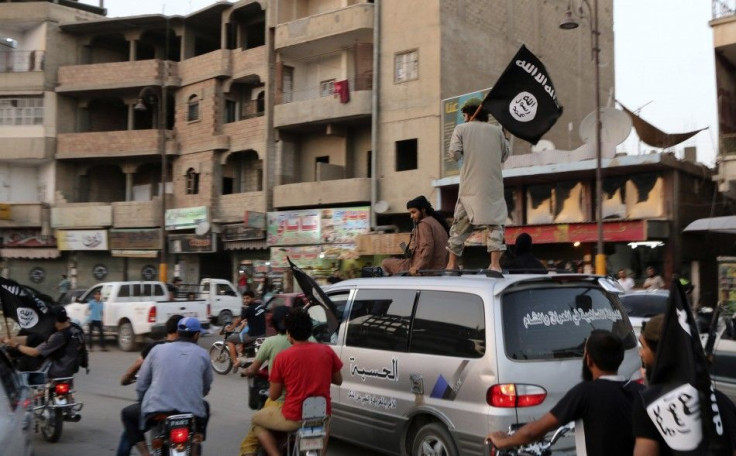Birthplace Of ISIS Traced To US Prison Camp Bucca; Top ISIS Leaders Once Inmates

The birthplace of the Islamic State of Iraq and Syria has been identified as Camp Bucca, a detention centre run by the United States during the Iraq war. In a report by the Washington Post, March 2009 may have been the beginning of ISIS when it released hundreds of detainees who were some of most radical fighters in the Iraq War. The sprawling detention centre in the southern town of Garma has released its prisoners of war. Many families had rejoiced as their sons, brothers and fathers were finally coming home to them after many years.
Police chief Saad Abbas Mahmoud told the Washington Post that he was worried that 90 percent of the prisoners would resume fighting. He believes it was a "big and dangerous" problem that the Iraqi government did not know about.
Mahmoud's fears about the prisoners of Camp Bucca may have come true. Reports said the camp represents the "opening chapter" in the historic rise of ISIS. Many of its leaders, including Abu Bakr al-Baghdadi, were imprisoned in the camp and possibly met one another there. Based on the accounts of former prison commanders, soldiers and analysts, Camp Bucca may have provided the environment for the radicalisation and collaboration of prisoners that has helped shape the development of ISIS.
Soufan Group, a terrorist research organisation, said all the nine members of ISIS' top command had been imprisoned in Camp Bucca. Aside from Baghdadi, who reportedly spent five years in the camp, his number two man, Abu Muslim al-Turkmani, and senior leader, Haji Bakr, now dead, also came from Camp Bucca.
In the New York Times, military veteran Andrew Thompson and academic Jerimi Suri wrote that before al-Baghdadi and the others were detained, they were already "violent radicals" who were bent on attacking the U.S. They believe the extremists' time in prison may have deepened their beliefs and presented them opportunities to take their extremism further. The prisons may have served as virtual universities where radicals played the role of professors to other prisoners.
ISIS militants continue to engage in battle with Iraqi and Kurdish forces in the Syrian town of Kobani. Reports said U.S. President Barack Obama will seek Congressional support for a military campaign against ISIS. Mr Obama has announced he will ask a separate authorisation to use military power to push back ISIS forces.






